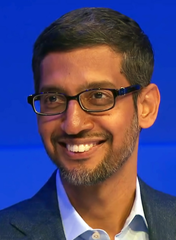 Although I hate FB I do use it some time. So I’m in this Face Book group – and from what we can work out the owner has passed away.
Although I hate FB I do use it some time. So I’m in this Face Book group – and from what we can work out the owner has passed away.
All the admin accounts have been hacked, and despite a number of people attempting to appeal to the criminal a-hole that usurped this group, and of course a number of us have written to the so called FB support and I even sent an email to Zuk himself.
We have been met by this huge wave of silence. Nothing nada – and it really makes me mad – this is a community that has/had 14,000 people and probably about 10 or more years worth of data in it. This has been usurped, abused and the only thing one can really do is abandon it.
Part of me thought it would be / might be a good idea to hack back. But you know is it worth it?
In life I have learnt that one must chose one’s battles with care – or to put it another way “Never wrestle with pigs- you both get covered in mud and the pig likes it”. For now I’ll put this on the back burner … but If I ever meet Mr Zuckerberg we are going to have an interesting and probably rather short conversation.


 So I’ve been thinking about this for a while now. Operation Aurora was an attack on Google and a number of other companies and it is believed that it was a Chinese state sponsored attack.
So I’ve been thinking about this for a while now. Operation Aurora was an attack on Google and a number of other companies and it is believed that it was a Chinese state sponsored attack.